The Tertiary Education Trust Fund (TETFund) announced that education tax revenue for 2024 has reached N1.5 trillion, a notable increase attributed to the recent hike in education tax from 2.5 percent to 3 percent. TETFund’s Executive Secretary Sonny Echono disclosed this on Monday during a meeting with heads of TETFund beneficiary institutions in Abuja.
“The increase in education tax last year from 2.5 percent to 3 percent represented a significant stride for TETFund,” said Echono. “This change culminated in a record-breaking education tax collection of approximately N1.5 trillion so far this year. It reinforces the government’s dedication to strengthening Nigeria’s educational framework.”
Echono highlighted the importance of these funds for the country’s tertiary institutions, noting that the revenue is crucial in enhancing infrastructure, academic programs, and accessibility for students from diverse backgrounds. “We now enter the 2025 budget cycle with a stronger foundation, one that allows us to enhance our impact across the country’s tertiary institutions,” he added.
He emphasized the importance of collaboration between TETFund and institutional heads, stressing that their partnership was key to fulfilling the fund’s mandate. “As heads of TETFund beneficiary institutions, you play a pivotal role in actualizing the mandate of the Fund. It is crucial that we engage constructively to set a clear course for the Fund’s direction and operational priorities,” said Echono. “TETFund’s purpose is to empower our nation’s human capital, addressing the urgent need for capable, skilled professionals across all sectors.”
Dr. Nasir Gwarzo, Permanent Secretary of the Federal Ministry of Education, underscored the need for accountability and transparency in managing TETFund disbursements. “We must be reminded that the future of Nigeria’s educational system is in our hands. As leaders, we bear the responsibility of ensuring that our institutions remain beacons of learning, innovation, and integrity,” he remarked.
Senator Muntari Dandutse, Chairman of the Senate Committee on Tertiary Institutions and TETFund, emphasized the critical role of tertiary education in Nigeria’s social, cultural, and economic landscape. “Our higher education sector is not just an academic pursuit; it is a social, cultural, and economic lifeline. The universities, polytechnics, and colleges of education across the country play a central role in providing access to quality education and preparing the youth for an increasingly complex and competitive global economy,” said Dandutse.
While acknowledging TETFund’s successes, Dandutse pointed to ongoing challenges, including inadequate infrastructure, a lack of modern teaching facilities, insufficient research funding, and the need for continuous capacity building. “As we embark on the 2025 intervention cycle, it is crucial that we work together, across all levels of government and within the institutions themselves, to ensure that these interventions are effectively utilized and reach the intended outcomes,” he said.
He added that TETFund’s success requires more than just funding but also effective partnerships. “The success of our education system is not just dependent on funding but also on effective partnerships,” Dandutse concluded, highlighting the importance of collaboration between TETFund, the National Assembly, and the heads of tertiary institutions as they tackle these issues in the coming year.




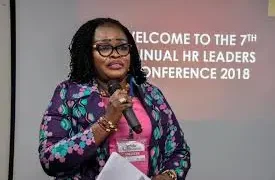

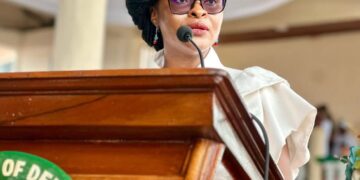





























































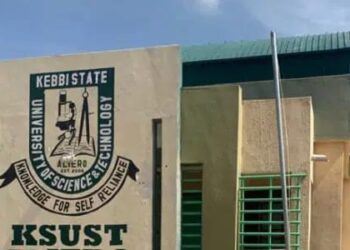
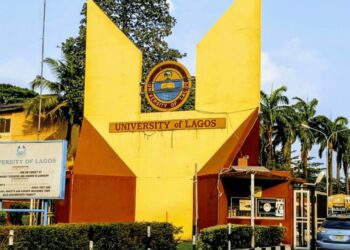

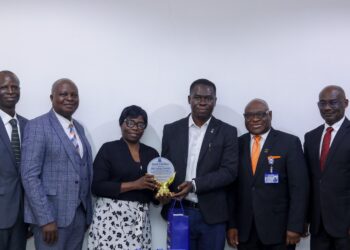
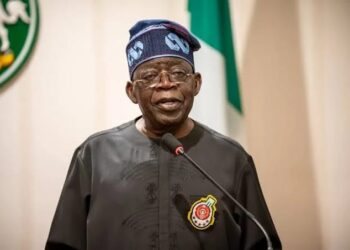










 EduTimes Africa, a product of Education Times Africa, is a magazine publication that aims to lend its support to close the yawning gap in Africa's educational development.
EduTimes Africa, a product of Education Times Africa, is a magazine publication that aims to lend its support to close the yawning gap in Africa's educational development.